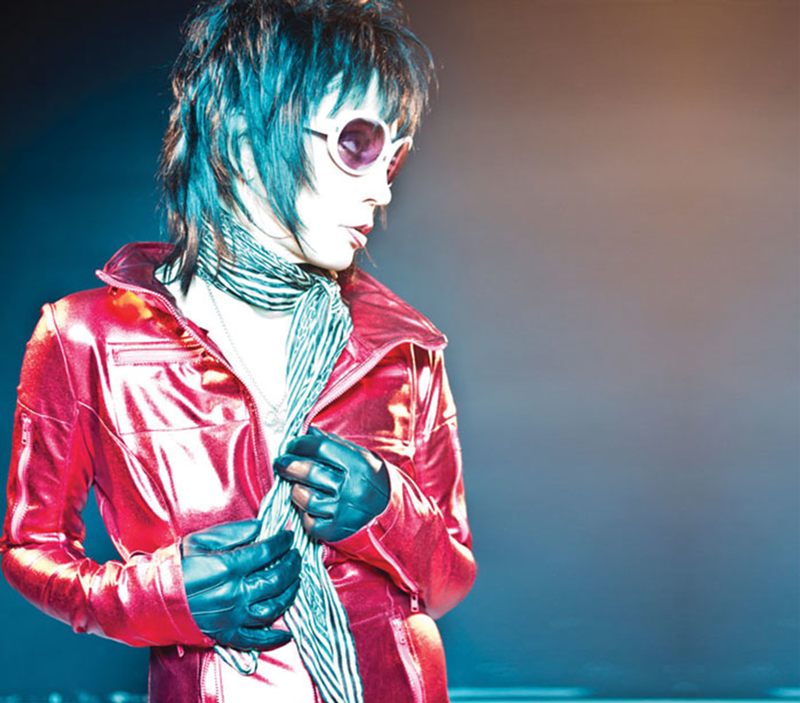For all the grumbling about the Rock and Roll Hall of Fame, the induction ceremonies can often be revelatory and moving, occasionally serving as a way to view an artist from a different perspective and remind everyone why an artist is receiving the honor in the first place. The 2015 Rock Hall inductions had its fair share of goosebump-worthy moments. Patti Smith and Laurie Anderson’s stories showed a delicate, tender side of inductee Lou Reed that was likely unknown to many fans (and Lou fans who didn’t get choked up when Smith got choked up reciting lines from “Perfect Day” aren’t real fans).
But it was fellow inductee Joan Jett’s acceptance speech that made me most emotional, reminding me of my own deep-rooted passion for music in general, and Rock & Roll specifically. “I come from a place where Rock & Roll means something,” Jett said at the podium. “It means more than music, more than fashion, more than the pose. Rock & Roll is an idea and an ideal. We’ve become so conditioned to measuring our music’s impact in dollar signs only that we can forget what it’s really about — the music! Emotion. Expression. Giving a voice to those who aren’t satisfied with whatever ‘box’ they were given.”
Perhaps even more touching was when the rocker began naming several artists who’ve inspired her (and, often, were inspired by her), showing her wide impact on contemporary music and her passion for rebellious music, past and present. Jett shouted out Pussy Riot, The Foo Fighters, Kathleen Hanna (Bikini Kill), Adam Horovitz (Beastie Boys), Motörhead, Nirvana, Iggy Pop, Blondie, The Ramones, Alice Cooper, Cheap Trick, The Who, Fugazi, Dischord Records, Green Day, X, Robert Plant, Darlene Love, Aerosmith, The Replacements, Social Distortion and “all the riot grrrls out there.”
Jett’s career speaks for itself, from her groundbreaking work with The Runaways in the ’70s to her successful solo career, which produced timeless Rock classics like “Bad Reputation” and “I Love Rock & Roll.” Music has progressed so that today, women who play music have become exhausted and frustrated by questions about what it’s like to be a woman who plays music. Jett probably hated those questions too, but the reason gender doesn’t (or shouldn’t) matter when assessing a musical performer’s worth and talent is because of the accomplishments of Joan Jett and the many female artists who came before and after her.


